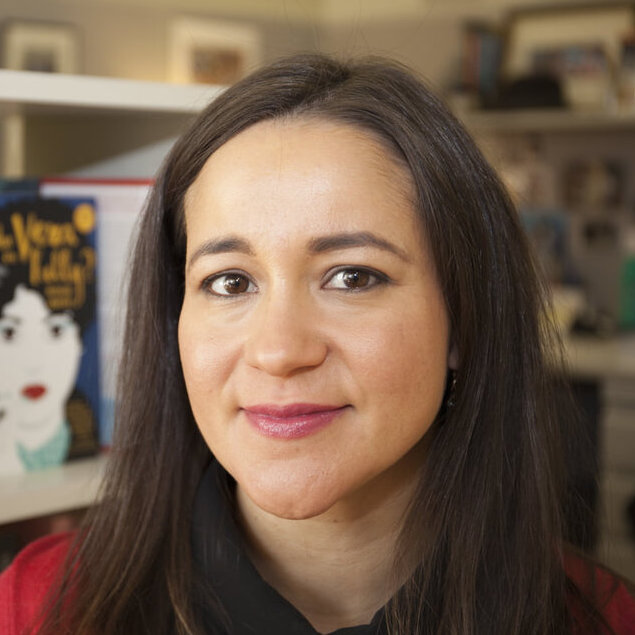As readers, we’ve all had the experience of walking into a bookstore and amassing a pile to bring to the counter, never mind the stacks of unread books waiting at home. Usually some form of reason will prevail—be it a budget or reluctance to carry a heavy bag. You may want to sweep the entire New Releases shelf into your cart, but in the end you’ll select only one or two titles you feel confident you’ll enjoy.
What I’m talking about here is rejection. You might object to this. You might say in selecting one or two of the books, you’re not rejecting the others, simply choosing not to buy them.
Being a literary agent is a catch-all term for managing a collection of tasks and responsibilities generally spanning across several departments—editorial, legal, publicity, film and television, translation rights, permissions—as well as serving as psychological support, and in many circumstances, becoming a lifelong friend. In order to do our jobs properly, literary agents have to limit the number of clients they can realistically support. A good agent manages their list and query intake carefully. A really good agent is someone who knows how to say no for the sake of an author’s career, so they can be a great agent to the authors already in their care.
Something that can soften the perceived haughtiness of agents is that we, as agents, also experience rejection all the time. From authors to whom we offer representation, who decide to go with another agent. And from editors who also go through their own selection process, carefully reviewing submissions from agents and rejecting most. Editors, in taking on what they can feasibly publish on their list, often face rejection themselves, from editorial boards or higher-ups who don’t see the book working in the marketplace, or from agents who sell the book at auction to another publishing house. Then, upon publication, will the book find its readers, awards, and praise, or will it be overlooked in favor of others?
So what do we make of all this rejection? I often tell my authors that I don’t work for them, and they don’t work for me—we’re partners in the same goals. So, who do you work for? To me the ultimate client is the work itself. I believe in authors centering themselves in their work fearlessly, working to perfect their writing, being carefully and critically engaged with their manuscripts so that, when the time comes, among those frustrating “noes,” a partner emerges, a path forward is clear, and though the rejections don’t cease to come, they matter less and less with the confidence that there’s a place for the work right there at the bookstore counter.
—Soumeya Bendimerad Roberts of HG Literary
Go to Source
Author: squong

